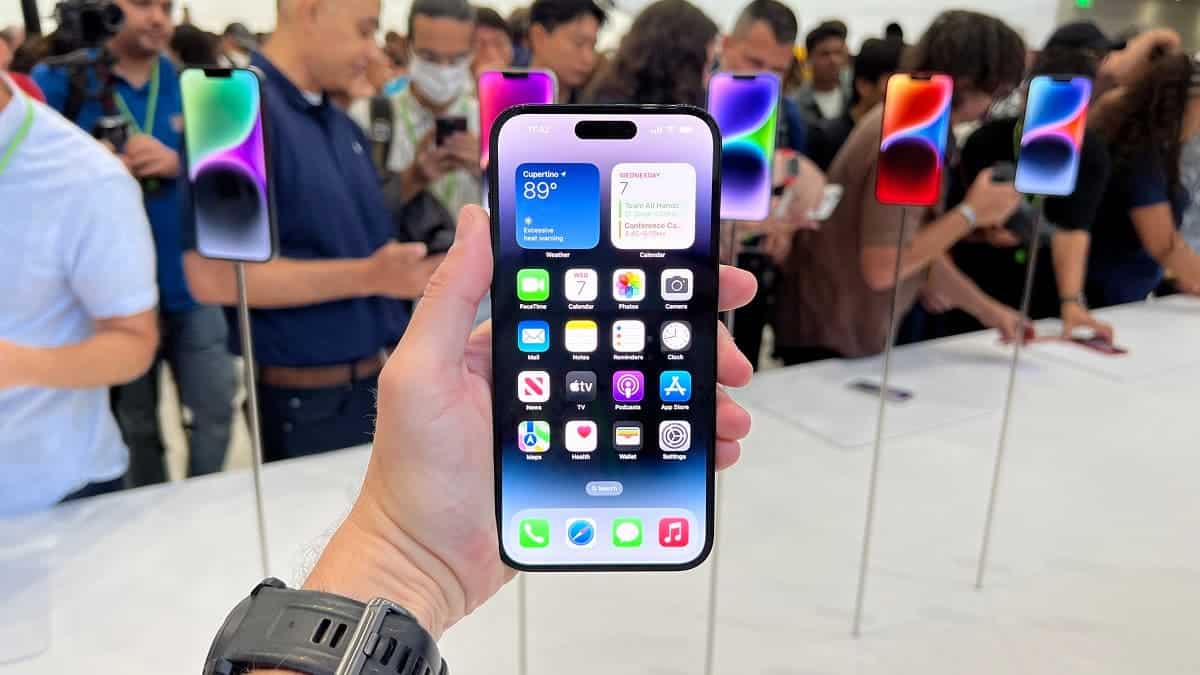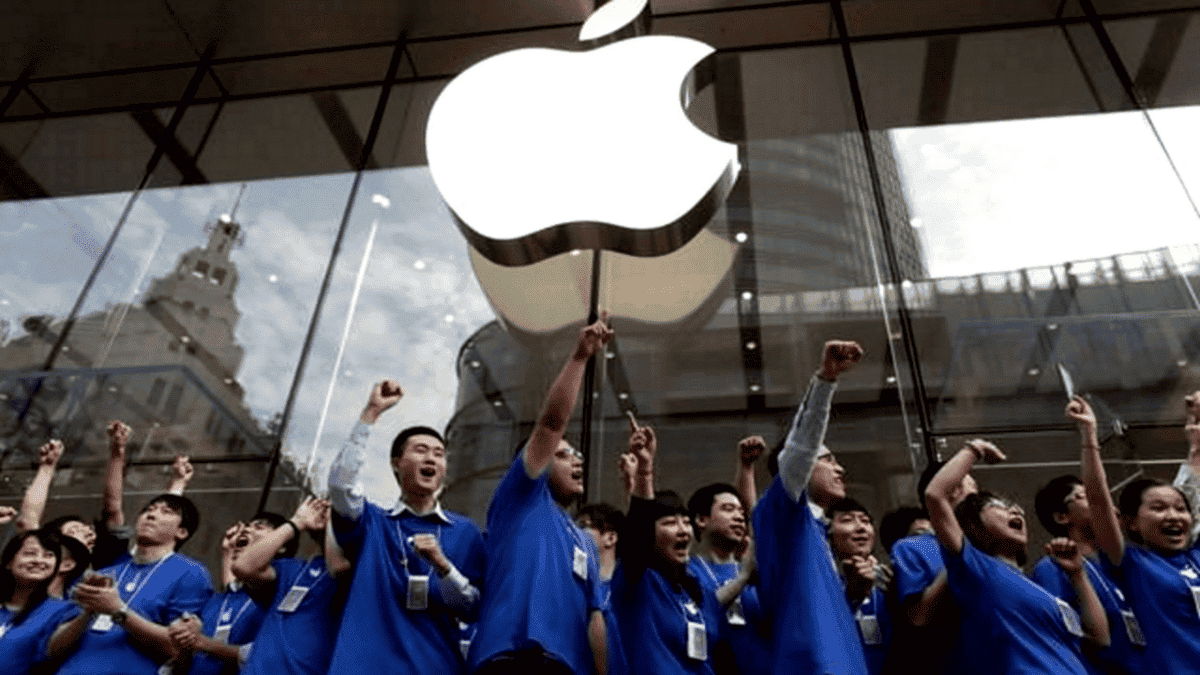

Apple: iOS could become an Android clone
source link: https://www.gizchina.com/2023/02/18/apple-ios-could-become-an-android-clone/
Go to the source link to view the article. You can view the picture content, updated content and better typesetting reading experience. If the link is broken, please click the button below to view the snapshot at that time.

The UK Competition and Markets Authority (CMA) is proposing changes to iOS as part of an investigation into anti-competitive practices by Apple. In response, Apple is fighting back, claiming that the proposed changes would turn iOS into an “Android clone”. The CMA is focusing on the mandatory use of WebKit for all browsers on iOS. Which it sees as a barrier to competition.
Apple claims that the UK Competition and Markets Authority intends to turn iOS into an Android clone

Photo Source: TechRadar
The removal of the WebKit requirement is a key proposal by the CMA. WebKit is a rendering engine developed by Apple that is mandatory for any web browser that wants to be accepted on the App Store. Critics argue that WebKit makes all browsers similar, favoring Safari, the default browser. Others believe that WebKit limits browser performance compared to the power available on Apple-branded devices. The CMA argues that the quality of all browsers on Apple devices is limited by the slower development pace of WebKit. This has resulted in developers canceling some planned features because the engine does not support them. Which generates higher development costs for companies due to bugs inherent in WebKit.
However, Apple disagrees with the CMA’s proposal. The company argues that the removal of this obligation would prevent uniform updates of applications rendering web content, as Android does. Apple also claims that alternative app stores would “undermine the strong user protections provided by Apple’s business model” and reduce consumer choice. The media reports that after the December CMA statement, Apple appealed in late January to the UK Competition Appeal Tribunal.
In addition to the CMA’s investigation, the Japanese Fair Trade Commission has recommended that Apple and Google include third-party application stores on their platforms. In 2024, the Digital Services Act (DSA) and the Digital Markets Act (DMA) will come into force in the European Union, regulating digital companies more strongly, in particular their practices relating to the competition. The precise consequences for Apple are not yet known. But the brand is expected to be forced to open iOS to alternative application stores.
While Apple is fighting back against these proposals, the company may have no choice but to change its practices. The pressure from competition authorities and regulators is growing. And the brand may need to open up its closed system to alternative app stores and messaging services. This will undoubtedly impact Apple’s business model. But it may be necessary for the company to remain competitive in an increasingly regulated market.
The investigation into Apple’s anti-competitive practices relating to iOS has prompted the CMA to propose changes. Including the removal of the WebKit requirement. While Apple is fighting back against these proposals. It may have no choice but to change its practices to remain competitive in an increasingly regulated market. The pressure from competition authorities and regulators is growing. And the company may need to open up its closed system to alternative app stores and messaging services. This will undoubtedly impact Apple’s business model. But it may be necessary for the company to comply with new regulations and remain competitive in the market.
Apple’s monopolistic practices

Apple has been accused of engaging in a number of monopolistic practices in various areas of its business. Some of the key areas where Apple’s practices have been criticized include:
App Store:
Apple’s control over the App Store has been a major focus of antitrust investigations in recent years. Apple requires all iOS apps to pass through the App Store. And charges a 30% commission on all sales made through the platform. This has led to complaints from developers who argue that the fees are too high. And that Apple’s rules around app distribution and payment processing are too restrictive. In addition, Apple has been using its power to give its own apps. Such as Apple Music and Apple News, an unfair advantage over third party competitors.
iOS:
Apple’s control over the iOS operating system has also been subject of critics as a form of monopolistic behavior. Because the operating system is only available on Apple devices, critics argue that Apple has an unfair advantage in the market. In addition, Apple’s restrictions on app distribution. Such as its ban on sideloading and its requirement that all apps be approved by Apple. Before they can be distributed through the App Store, have been seen as anticompetitive.
Music and Video:
Apple’s control over the distribution of digital music and video content through the iTunes Store has also been the subject of criticism. Some have argued that Apple’s dominance in the market for digital media has allowed it to restrict access to competitors, raise prices, and limit innovation in the market. For example, Apple has been of using its control over the iTunes Store to force record labels to adopt a uniform pricing model, which is anticompetitive.
Repair and Maintenance:
Apple’s control over the repair and maintenance of its devices has also been the subject of criticism. Apple requires that all repairs be through official service providers and has software locks that prevent users from repairing their own devices or using third-party providers. This has led to complaints from consumers and third party repair shops. They argue that Apple’s policies have created a monopoly in the market for repairs and led to higher prices.
Overall, while some of Apple’s practices have been through critics as monopolistic, it is important to note that not all monopolies are illegal, and it is up to regulators to determine whether Apple’s behavior violates antitrust laws.
Recommend
About Joyk
Aggregate valuable and interesting links.
Joyk means Joy of geeK